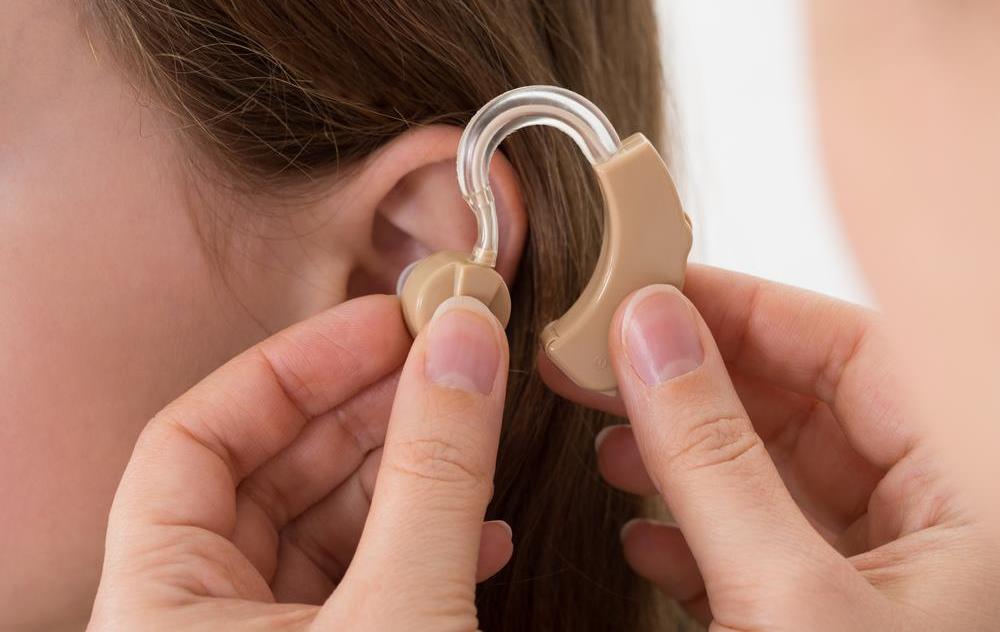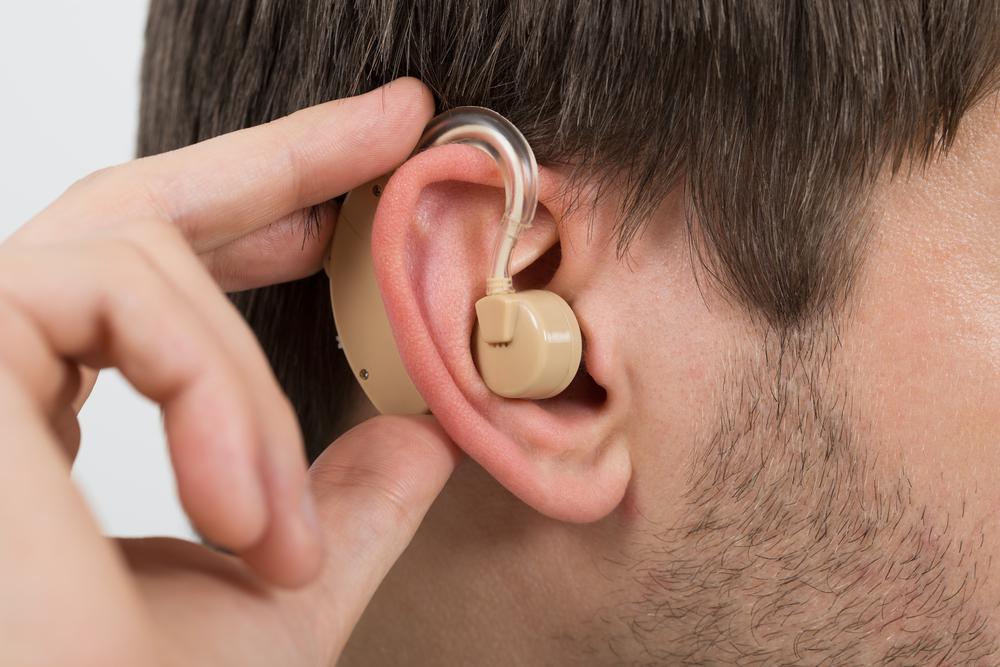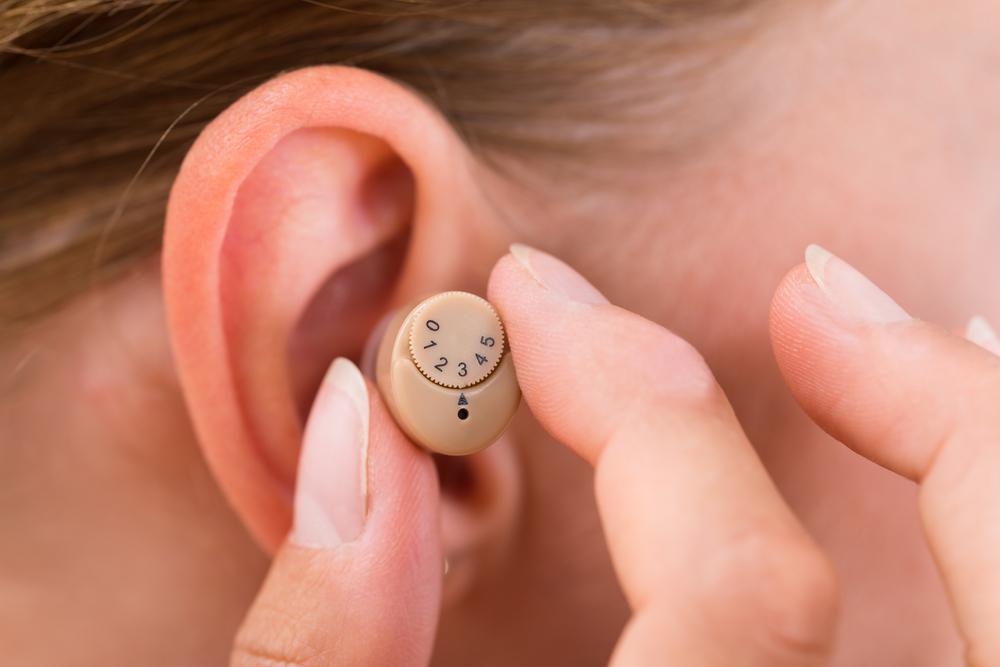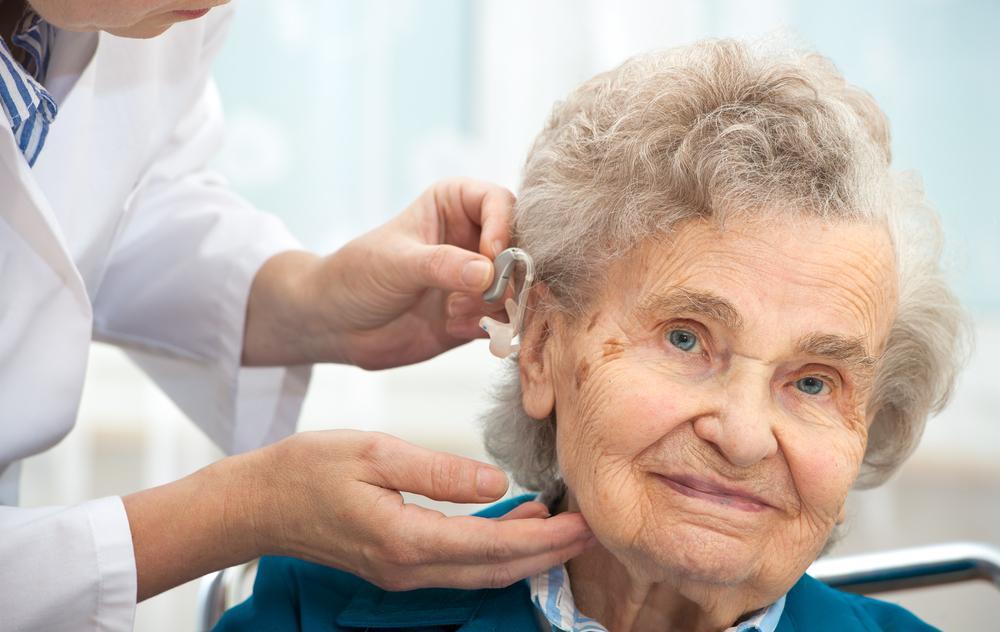Comprehensive Guide to Maintaining and Caring for Your Hearing Aids
This comprehensive guide provides essential tips for maintaining and caring for your hearing aids. Learn how to select top brands, perform daily cleaning, handle devices carefully, manage batteries effectively, and protect your hearing aids from moisture and damage. Following these expert-approved practices will help extend your device's lifespan, optimize performance, and ensure you enjoy clear, high-quality sound. Whether you are a new user or seeking to improve your existing care routine, this detailed guide offers valuable insights to keep your hearing aids in excellent condition for years to come.

Comprehensive Guide to Maintaining and Caring for Your Hearing Aids
Proper maintenance of hearing aids is essential to ensure they function effectively and provide the best auditory assistance possible. Investing in reputable brands and following diligent care routines can significantly enhance the longevity and performance of these vital devices. Whether you are new to hearing aids or looking to optimize their performance, understanding the best practices for their care can prevent costly repairs and ensure you experience clear, high-quality sound every day.
Choosing the right hearing aid involves considering various factors including technological features, device size, durability, and cost. Top-rated brands from the industry’s leading lists often offer the most reliable and innovative solutions, reducing the chances of technical issues or discomfort during prolonged use. Making an informed choice now can save you from future frustrations and expenses.
Once you’ve selected and started using your hearing aids, ongoing maintenance becomes critical. Regular cleaning, proper storage, and cautious handling are fundamental steps to keep your devices performing at their peak. Below are detailed tips—covering everything from daily routines to advanced care techniques—to help you optimize your hearing aid care regime and extend their lifespan.
Daily cleaning: Clean your hearing aids every day using a soft, lint-free cloth. Gently wipe away any earwax, dust, or debris that may have accumulated, especially around the microphones and speakers. This routine prevents blockage or damage that could impair sound quality. For more thorough cleaning, consider using a specialized cleaning brush or tools designed specifically for hearing aids.
Handle and storage: Handle your hearing aids delicately, avoiding dropping or applying excessive pressure. When not in use, store your devices in a protective case in a safe and dry place. If you have pets or young children, make sure to keep the device out of reach to prevent accidental damage or theft. Proper storage not only protects your investment but also minimizes the risk of damage caused by environmental factors.
Battery management: Many hearing aids operate on small batteries. To maximize battery life, always turn off or deactivate your devices when not in use. Remove the batteries if you won’t be using the devices for an extended period, and keep spare batteries in a cool, dry place. Regularly check and replace batteries to ensure your hearing aids are always ready to perform optimally. Proper battery care also reduces the likelihood of corrosion and leakage, which can damage your devices.
Usage precautions: Avoid exposing your hearing aids to excessive moisture. While some models are water-resistant, they are not fully waterproof. Remove your devices before swimming, showering, or engaging in activities involving significant sweating. Protect your hearing aids from extreme temperatures, which can harm their electronic components.
Moisture control and maintenance: Use a dehumidifier or drying box regularly to eliminate moisture that may infiltrate your hearing aids, especially after heavy sweating or exposure to humid environments. Invest in a cleaning kit equipped with specialized tools like wax removal picks and drying capsules. These steps help preserve the quality of your hearing aids and prevent issues such as mold buildup or corrosion.
Additional tips: Regularly schedule professional checkups with your audiologist to ensure your hearing aids are functioning correctly. They can perform detailed cleanings, check for hardware issues, and update software if needed. Adhering to these maintenance routines helps you enjoy consistent hearing aid performance while extending their functional lifespan.





